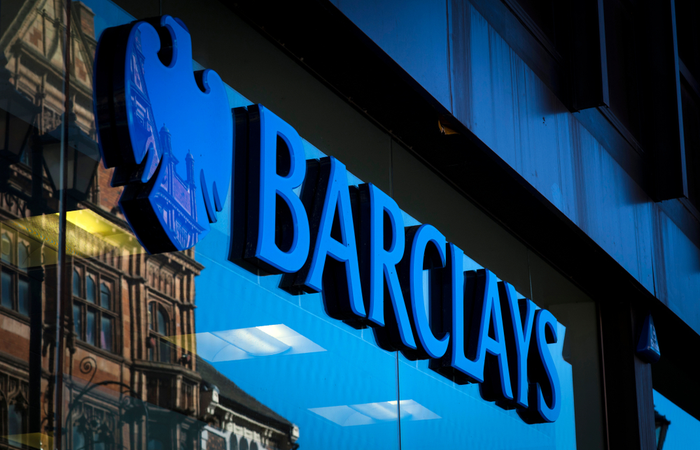 Financial institution Barclays Bank UK reported a mean gender hourly pay gap of 35.9% in 2022, down 0.4 percentage points from 2021.
Financial institution Barclays Bank UK reported a mean gender hourly pay gap of 35.9% in 2022, down 0.4 percentage points from 2021.
The firm’s median gender hourly pay gap was 37.7%, up 0.5 percentage points from the prior year. The bank’s mean gender bonus gap for 2022 was 67.7%, falling from 69.9% in 201 and its median gender bonus gap was 61.4%, up 2.9 percentage points from the previous year. A total of 95.9% of women and 94.7% of men received a bonus payment last year.
Since 2017, Barclays has seen its hourly gender pay gap and bonus pay gap fall from 76.4% and 41.6% respectively.
The Bank’s 2022 mean ethnicity hourly pay gap for Asian employees was -6.1%, up 0.7 percentage points from 2021, while the mean gaps for black and multiracial staff were 19.6% and -5.4%, rising 0.4 and 4.3 percentage points, respectively. Last year’s median ethnicity hourly pay gap for multiracial staff was 1.2%, down 2.9% from the prior year, while the median gaps for Black and Asian workers were 14.7% and -10%, up 0.9% and 0.4% respectively.
The bank’s 2022 mean ethnicity bonus gaps for Asian, black and multiracial employees were -4.9%, 52.8% and -27.5%, rising 4.5%, 1.2% and 3.6% from 2021, and its median ethnicity bonus gaps for Asian and black employees were 2.8% and 38.3%, up 2.8% and 8.3% from the year prior. Its median ethnicity bonus gap for multiracial staff was 3.2%, down 0.8% from 2021.
A total of 94.2% of Asian, 92.4% of black, 93.7% of multiracial and 96.5% of white employees received a bonus in 2022.
C S Venkatakrishnan, group chief executive at Barclays, said: “I am clear that Barclays can only make the long-term progress we are striving for by continuing to build an inclusive culture, where all colleagues feel confident that they can progress in their careers to reach their full potential, regardless of their gender, ethnicity or other protected characteristics.
“I also believe strongly in diversity in our recruitment approach, which is essential to building a workforce that is more representative of the communities we serve and delivering better outcomes for our customers and clients.”